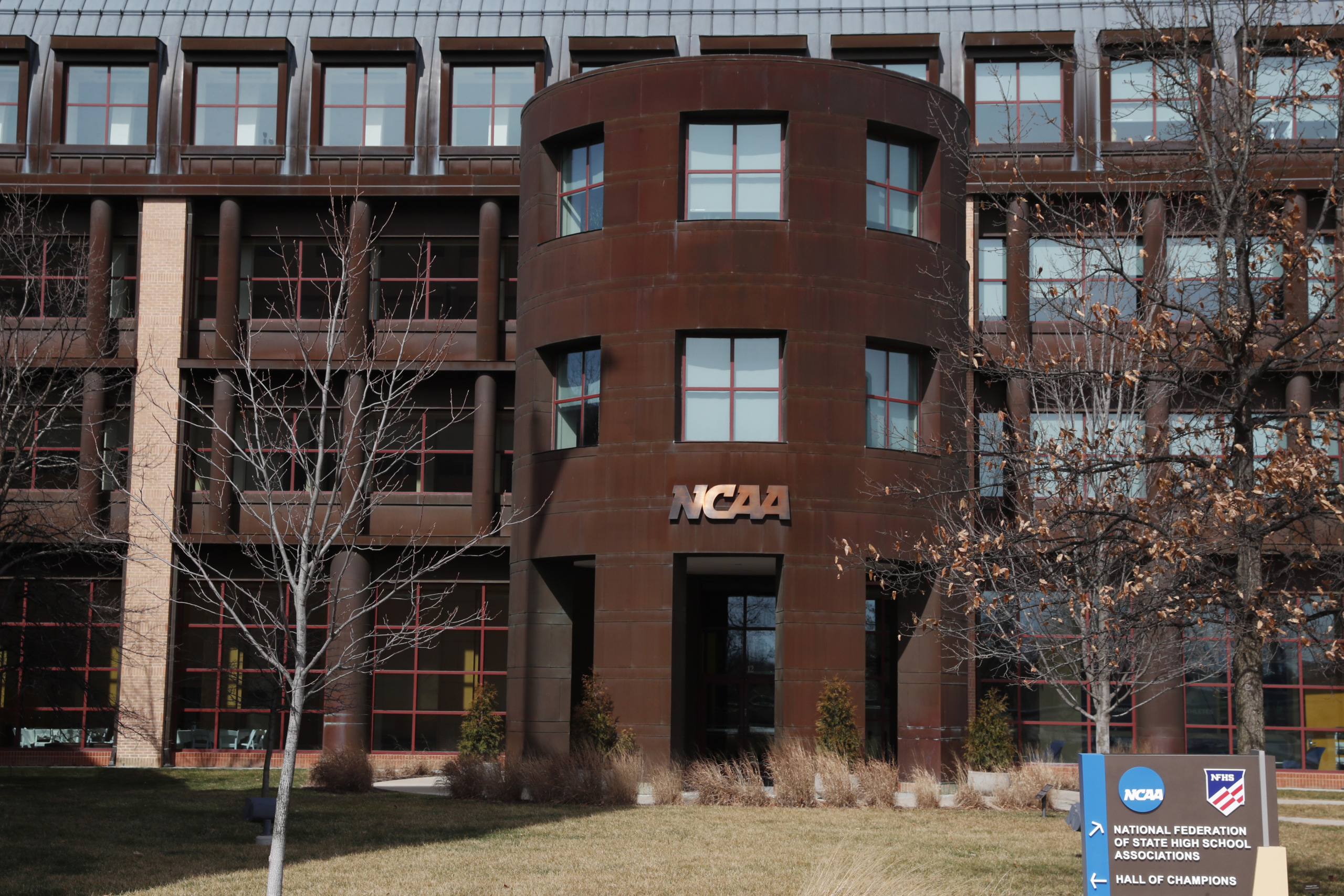The NCAA has issued a request to the Supreme Court to review a circuit court ruling in the case Alston v. NCAA. The ruling found that the NCAA violated antitrust law by limiting the amount of education related benefits — like money to cover the cost of computers — that athletes could procure.
The request comes during a busy news week for the Supreme Court, as the Senate Judiciary Committee holds a hearing to confirm Judge Amy Coney Barrett to fill the vacant seat left by the late Justice Ruth Bader Ginsburg.
“The [circuit court] ruling blurs the line between student-athletes and professionals, conflicts with prior appellate court decisions, appoints a single court to micromanage collegiate sports, and encourages never-ending litigation following every rule change,” NCAA Chief Legal Officer Donald Remy wrote in a statement.
The request, filed by the NCAA and reviewed by Front Office Sports, referenced a prior Supreme Court ruling in which the court found that the amateur and student nature of college athletes differentiates it from professional sports, and therefore is essential to college sports.
“The decision below deprives the NCAA of the leeway that sports-governing bodies and joint ventures ordinarily have under antitrust law, leeway that this Court and others have recognized the NCAA needs to administer inter-collegiate athletics,” the petition said.
One of the lead attorneys for the plaintiffs on the case, Jeffrey Kessler, told Front Office Sports in an email that he does not believe the ruling will be overturned. “We do not believe it likely that the Supreme Court will take this case, as it does not raise any new legal issues or circuit split for the Court to consider,” Kessler said. “In fact, the petition identifies the exact same legal issues previously raised by the NCAA with respect to the prior O’Bannon litigation that the NCAA lost, and the Supreme Court declined to review those issues at that time.”
Kessler’s comments refer to a previous ruling in which the same circuit court found that the NCAA violated antitrust law when it refused to compensate college athletes for the use of their name, image and likeness in an NCAA video game.
While it is true that the Supreme Court declines the vast majority of requests to hear cases, it is unsurprising that the NCAA is fighting the circuit court’s ruling in every way possible. Antitrust law has recently haunted the NCAA, as it could threaten the governing body’s ability to keep college athletes like men’s basketball and football players amateurs and not pay them to play sports, despite the millions they rake in each year for athletic departments.
The previous ruling also proves concerning to the governing body given that athletes will soon be allowed to profit off the use of their name, image and likeness. Outside this case, the NCAA is also currently requesting an antitrust exemption from Congress, so that the NCAA might control pending regulations regarding college athlete NIL rights, as well as rule once and for all that athletes are amateurs, and thus can’t be subject to employment law or be able to unionize.
The original lawsuit was filed as a class action by former West Virginia running back Shawne Alston, and others, in 2014.







![[Subscription Customers Only] Jun 15, 2025; Seattle, Washington, USA; Botafogo owner John Textor inside the stadium before the match during a group stage match of the 2025 FIFA Club World Cup at Lumen Field.](https://frontofficesports.com/wp-content/uploads/2026/02/USATSI_26465842_168416386_lowres-scaled.jpg?quality=100&w=1024)
![[Subscription Customers Only] Jul 13, 2025; East Rutherford, New Jersey, USA; Chelsea FC midfielder Cole Palmer (10) celebrates winning the final of the 2025 FIFA Club World Cup at MetLife Stadium](https://frontofficesports.com/wp-content/uploads/2026/02/USATSI_26636703-scaled-e1770932227605.jpg?quality=100&w=1024)








